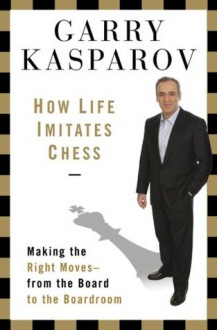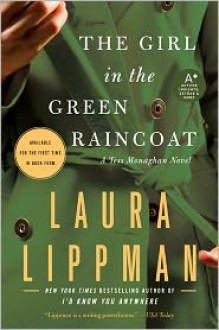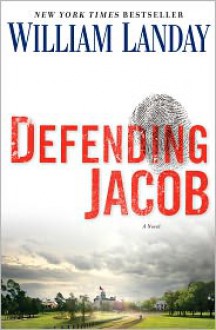
Garry Kasparov, you will have noticed by now, is one of my heroes... but, all the same, I must reluctantly admit that this is a terrible book, and downright depressing to read. Kasparov clearly started the project with high hopes. He wants to show you how the skills you pick up from top-level chess can translate into understanding of life in general, and his opening case study, organised around his first World Championship match against Karpov, is inspiring.
Kasparov went into the match underestimating his great opponent and not understanding what made him so good. It wasn't until he found himself 4-0 down that he realised his straightforward attacking strategy wasn't appropriate. He had to work very hard to catch up: mercilessly analyse his own play to find out what was wrong with it, and learn to think like Karpov. He lost another game, and since the match was first to six wins it seemed it was all over. But he'd learned just fast enough, and he miraculously turned the tables. When the match was declared null and void after 48 games (the only time this has happened in World Chess Championship history), the score was 5-3, and Kasparov had the momentum. He was the one complaining, and most people thought Karpov had been granted a lucky escape. Kasparov had every reason to be proud of his achievement, which was as much about overcoming himself as about overcoming his adversary.
If all of the book were like that, I'd have loved it. Alas, there aren't any more brilliant examples. Kasparov is a very honest guy, and it's painful to see how rapidly he loses faith in the idea. He's forced to concede that the raw aggression which made him the best chessplayer in the world for 20 years isn't as good in business or politics, where he's failed to impress. The further you get, the more it comes across as a bunch of poorly structured notes that Mig Greengard, his long-suffering collaborator, has tried without success to whip into coherent text. There's a good anecdote here and there, and if you haven't read Kasparov's wonderful
My Great Predecessors you may enjoy some of the material he's summarised from it. But for people familiar with his other writing, it's slim pickings.
The truly ironic thing is that Kasparov's chess-infused world view provides a reasonable metaphor to explain what's gone wrong. MTQ, he constantly tells you: Material, Time, Quality. Kasparov, a dynamic player, was always happy to gambit material for time or quality of position. Here, he's sacrificed quality and time in the interests of picking up some material profits - I suppose this book reached a wider public than the very technical
Great Predecessors, and hopefully it made him a few dollars. But he's working against his own fundamental principles, and he hates it. Garry. Please don't do this to yourself again.


 Log in with Facebook
Log in with Facebook 







